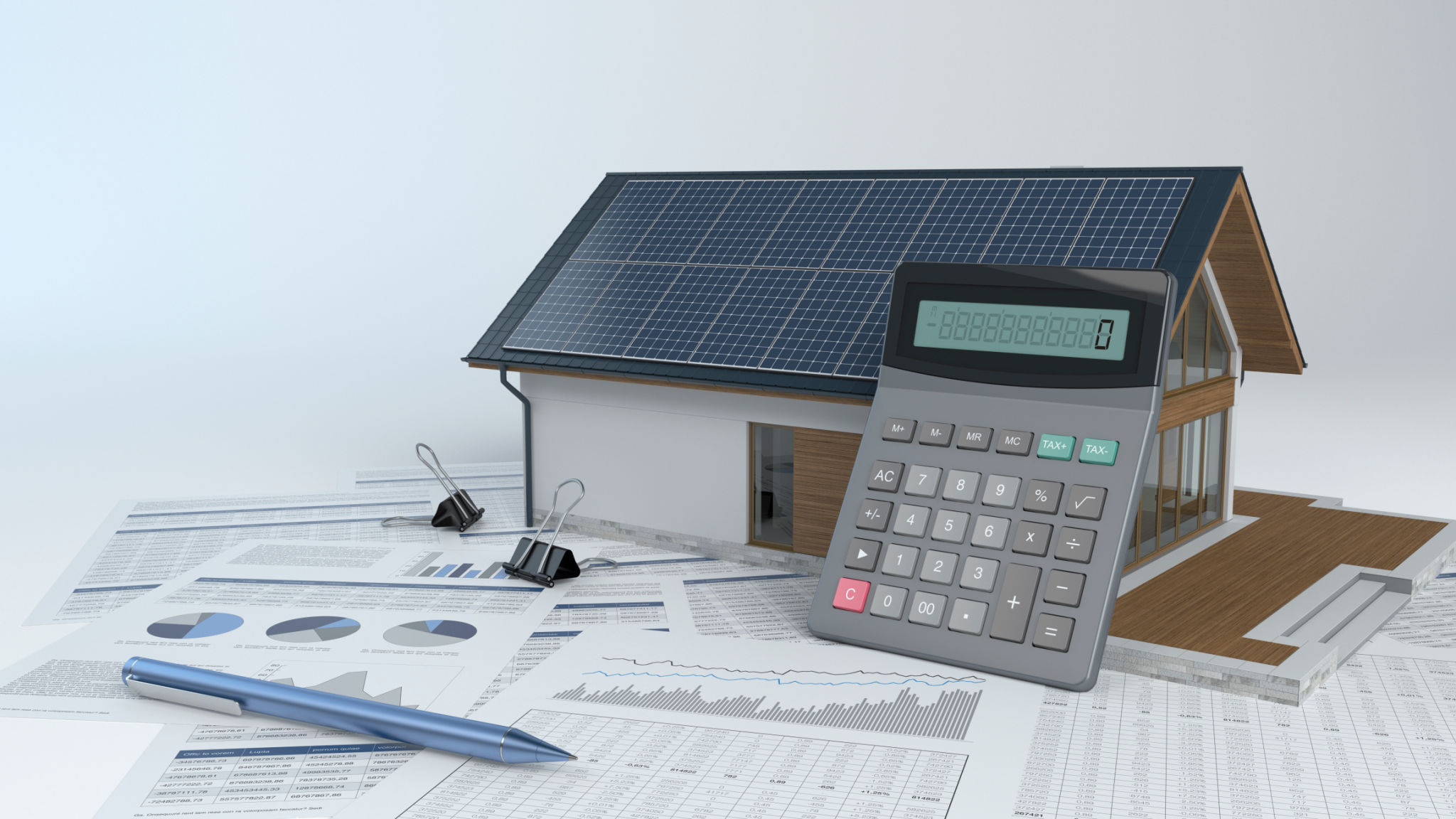The Complete Guide to Choosing Solar Panels for Your Home
Understanding Solar Panel Types
Choosing the right solar panels for your home begins with understanding the different types available. The most common are monocrystalline, polycrystalline, and thin-film solar panels. Monocrystalline panels are made from a single crystal structure, offering high efficiency and a sleek appearance. Polycrystalline panels, on the other hand, are made from multiple crystal structures and are generally less expensive but slightly less efficient. Thin-film panels are lightweight and flexible, suitable for specific applications but generally lower in efficiency.

Efficiency and Performance
The efficiency of a solar panel indicates how well it can convert sunlight into electricity. While higher efficiency panels can produce more power in a smaller space, they often come at a higher price. When choosing solar panels, consider your available roof space and energy needs. It's important to strike a balance between efficiency and cost-effectiveness to ensure you get the most value from your investment.
Durability and Warranty
Durability is crucial when investing in solar panels. Panels are exposed to various weather conditions, so selecting products that can withstand harsh environments is essential. Most solar panels come with warranties ranging from 10 to 25 years. A longer warranty often indicates a manufacturer's confidence in their product's longevity. Be sure to review warranty terms and what they cover before making a decision.

Assessing Your Home’s Solar Potential
Before purchasing solar panels, assess your home's solar potential. Factors such as roof orientation, angle, and shading from nearby trees or buildings can affect performance. South-facing roofs typically receive the most sunlight, enhancing efficiency. Use tools like solar calculators or consult with a solar professional to determine the best setup for your home.
Financial Considerations
Investing in solar panels can be significant, but numerous financial incentives make it more accessible. Research federal tax credits, state incentives, and local rebates to reduce upfront costs. Additionally, consider financing options such as loans or leasing agreements to spread the investment over time. Remember to calculate potential savings on energy bills to evaluate the overall financial benefits.

Installation and Maintenance
The installation process for solar panels is critical for maximizing their performance and longevity. Hiring professional installers ensures the panels are securely mounted and optimized for sun exposure. Proper installation also helps prevent issues that could void warranties. Once installed, solar panels require minimal maintenance, primarily involving periodic cleaning and inspections for debris or damage.
Choosing the Right Installer
Selecting a reputable solar panel installer is just as important as choosing the panels themselves. Look for certified installers with positive customer reviews and experience in the industry. A reliable installer will provide detailed quotes, offer maintenance services, and assist with necessary permits or paperwork.
By carefully considering these factors, you can confidently select the best solar panels for your home, ensuring efficient energy production and long-term savings.